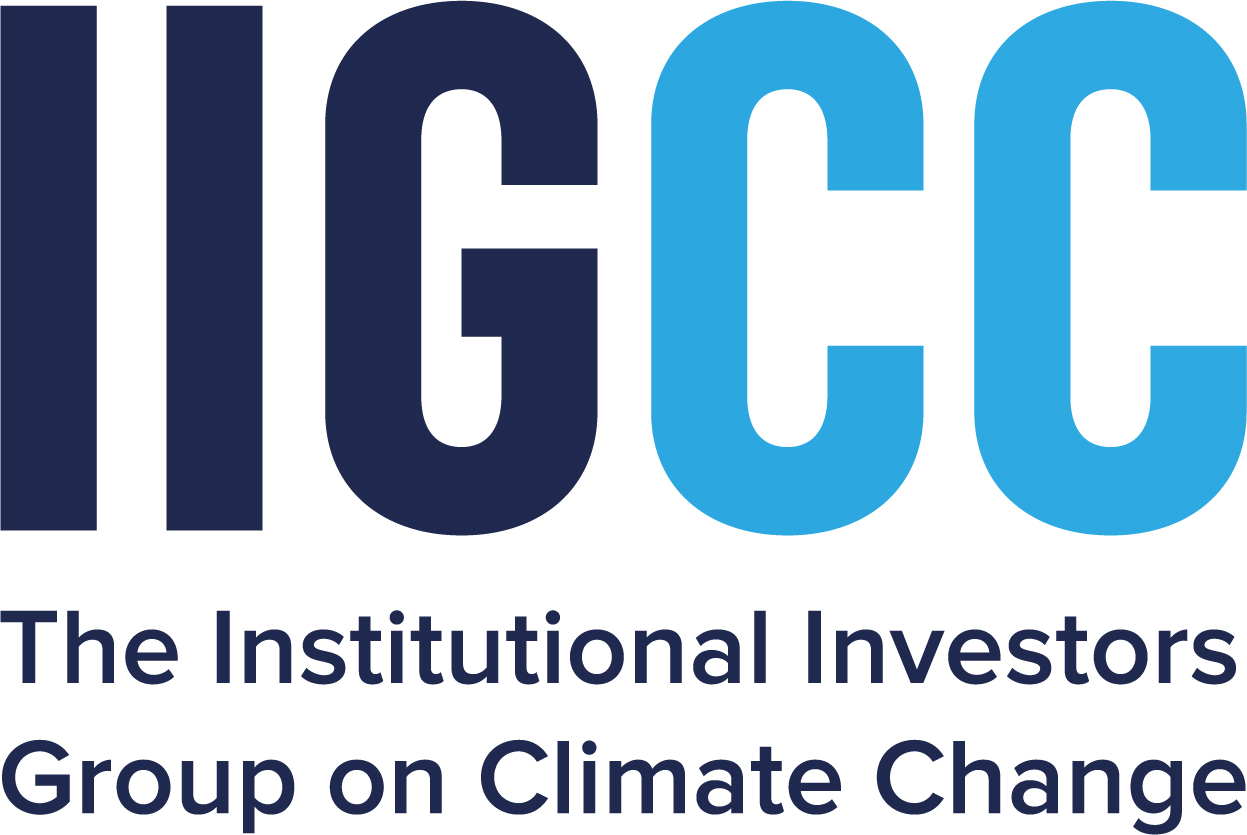


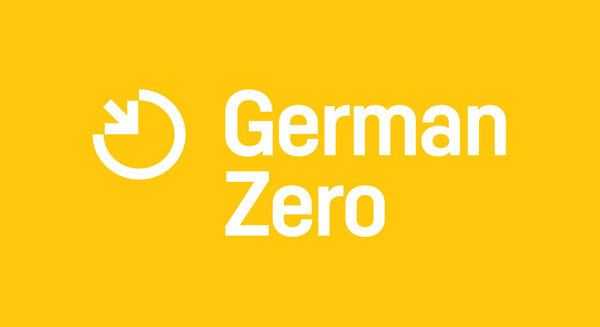
Join us at our third „High Tea“ Webinar on the 25th of March 2021 4:00-4:45pm CET
Virtual Berlin Green Investment Summit 2021
Registration will close on the 25th of March, 1:00 pm CET.
The Berlin Green Investment Summit is an annual gathering of investors focused on positive environmental impact, portfolio decarbonization and divest-invest strategies, to exchange their experiences, views, and strategies, hosted by the impact investor network “Toniic”, the Institutional Investor Group on Climate Change (IIGCC), the corporate network supporting the Paris goal, “Stiftung 2 Grad”, German Zero, a non-partisan climate action initiative, fighting for a 1.5 C legislative package in Germany, as well as family office and climate impact investment adviser Wermuth Asset Management GmbH (WAM).
This year’s virtual Berlin Green Investment Summit (BGIS) will be held as a series of short quarterly video calls on the topic: Finance solutions to close the climate finance gap
4:00- 4:45 pm CET each last Thursday of a quarter, until we meet again in person
(24 June 2021, 23 September 2021…).
The next webinar will take place via Zoom on 25 March 20201- 4:00 -4:45 pm CET.
The aim of this quarters’ BGIS is thus to showcase four important entrepreneurial initiatives. Each can play a major role in reducing and closing the climate finance gap.
We will ask each of them to present their business plans with significant impact on the world.
We will then go into break-out sessions to discuss
1) what is your own background and interest in the field,
2) what do we think about the presentations we have just heard,
3) what is needed to efficiently allocate the €750bn of EU COVID stimulus package, of which €250bn are to support “EU Green Deal” projects,
4) how would you allocate the €250bn,
5) how would the announced EU-CO2-border-tax impact the “old economy” and the new businesses which were presented today?
A closing panel of speakers will then discuss the break-out session results.
Let us find ways to cooperate in order to move significant amounts of capital towards climate solutions, in particular into areas perceived as risky, such as project development and scaling-up “green” ventures. Once these are bankable, lots of capital can flow.
Shortly after you accept this invitation you can register by ordering a free ticket via Eventbrite. We will then give you the log-in details. Participation without registration will not be possible as we are pre-arranging the virtual break-out sessions.
The topic of the BGIS @4pm CET on Thursday 25th March is
“Financial Mechanisms to close the climate finance gap”
Speakers will be announced shortly
Registration via Eventbrite:
https://www.eventbrite.de/e/berlin-green-investment-summit-high-tea-webinar-series-tickets-122549744585
SPEAKERS 2021
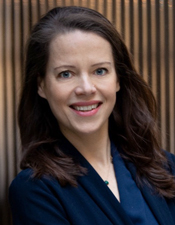
Tech investor, geopolitical risk advisor and sustainability strategist Aurore Belfrage spends her time in the intersection of Artificial Intelligence and international affairs. She is the co-founder of the sustainable technology thinktank SusTechable, steering committee member for the Swedish government’s contribution to Expo2020 Dubai, vice chairman at the think-tank Global Challenge’s governance council, geopolitical advisor at Consilio International and previously an investor at EQT Ventures. She’s a columnist, a vlogger and hosts a podcast on pressing issues such as environment, geopolitics, governance and technology. 2011 she co-founded the disruptive global gift card startup Wrapp with Skype founder Zennström and Linkedin founder Reid Hoffman as early investors.
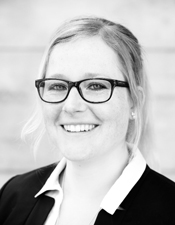
Together with Jan Köpper, Dr. Laura Mervelskemper heads the department Impact Transparency & Sustainability at GLS Bank. As a "woman of conviction", she is passionate about all topics related to sustainability, sustainability risks, social transformation and the political demands of GLS Bank. Previously, she spent several years studying the link between sustainability and finance from an academic perspective and completed her PhD on this topic. Along the way, she was active in both sustainability consulting and sustainability management. at GLS Bank, she has now found the perfect combination of the topics that are close to her heart.

Robert Rubinstein is the Chairman and Founding Partner of TBLI Group Holdings B.V. It was founded with the mission of integrating ESG and TBLI into the culture and strategy of international corporate business and investment companies. Prior to TBLI, Mr. Rubinstein had an extensive career in publishing. He taught courses in Sustainable Finance at the Rotterdam School of Management from 2003–2006 and in his career has delivered many lectures at international business schools and universities. Mr. Rubinstein has served on various profit and nonprofit boards, and advises various organizations. At present, he is on Advisory Board of Wealth & Society and Advisory Board at AUNCL- AMITY UNIVERSITY NOVEL COMMUNICATION LAB. Rubinstein is a tenacious public speaker on both TBLI and ESG at global conferences.
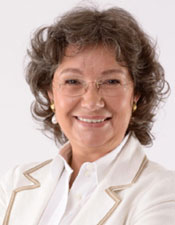
Dagmar Nixdorf, Managing Director of NIXDORF Finanz GmbH, the majority shareholder of NIXDORF Kapital AG. From an entrepreneurial family always committed to support society and the environment, with many years of experience in succession turn-around management in Germany and addressing the needs of investors, Dagmar will share how Nixdorf Kapital is supporting the move of capital towards climate impact solutions through a Luxemburg RAIF structure committed to impact investing.
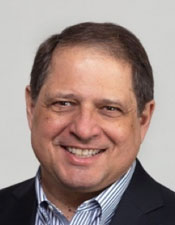
Davor Sutija, Chief Executive Officer at NexWafe, an experienced technology go-to-market executive across a range of disciplines, will share how NexWafe produces solar wafers with 90% less material loss, 80% less CO2 emission, 70% less energy, 50% less cost at scale, 10% higher efficiency and is thus key to significantly cheaper solar power from locally produced components, a revival of the EU and other regional solar industries, and a tech roadmap over the next decade leading to up to twice as much power per solar system.

Igor Kocis – Chief Executive Officer at Geothermal Anywhere Drilling (GAD), an engineer by training and successful serial entrepreneur, will share how their groundbreaking PLASMABIT technology allows to drill 5-10km deep wells at linear cost, thus unlocking the potential of deep geothermal energy, available on 70% of the earth’s crust instead of just 3% today to supply 100% of global energy demand within 15 years at some €3cent/kWh.

Tim Houter, Co-founder & CEO of Hardt Hyperloop, an EU company leading the development of the hyperloop, an affordable, zero-emission, high-speed transportation, will share how we (and goods) can travel on an EU-hyperloop network, which is both profitable, good for the environment and safe at 1000km/h cruising speed, 1/10th the energy of a plane ¼ the energy of a train emission free, replacing continental air travel, key to net zero emissions
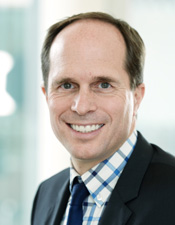
Jochen Wermuth, climate impact investor, Co-Founder of the Climate Endowment Funds, the Green Growth Fund 2, principal of Wermuth Asset Management and investment committee member of Germany’s Sovereign Wealth Fund KENFO, will moderate the session and share how impact investments deliver both higher return and positive impact.
Background information:
In spite of lots of capital being mobilized by governments to stimulate economies in response to the Corona-crisis, and in spite of a global savings glut which leads to negative interest rates, there is a shortfall of spending on climate-friendly companies and projects. The IEA and IRENA estimate that the “climate finance gap” remains €1.5 trillion a year. This is how much more must be invested per year to limit global warming to 1.5 degrees, as agreed upon in Paris, to avoid a catastrophe.
In spite of a large number of worthy new companies and plenty of projects which could become “bankable” one day, most capital still goes to finance old CO2-intensive industries with little future. The investments that are needed include risk-capital for venture companies, for project developments and for the roll-out of proven technologies and business models in new markets, including developing and emerging economies. Governments and philanthropical foundations may have to provide seed capital offering preferred returns to private investors to address this market failure.
Companies such as those presented today help to reduce the size of the climate finance gap either by helping to move capital or by offering profitable technologies which can be scaled globally and reduce the cost of the transition to a net zero emissions economy significantly.
Learn more about the companies presented on their respective websites:
https://www.gadrilling.com/geothermal-anywhere/
https://nixdorf-kapital.de/en/
https://climate-endowment.com/
Let us find ways to cooperate in order to move significant amounts of capital towards climate solutions, in particular into areas perceived as risky, such as project development and scaling-up “green” ventures. Once these are bankable, lots of capital can flow.
Shortly after you accept this invitation you can register by ordering a free ticket via Eventbrite. We will then give you with the log-in details. Participation without registration will not be possible as we are pre-arranging the virtual break-out sessions.
Save the date!